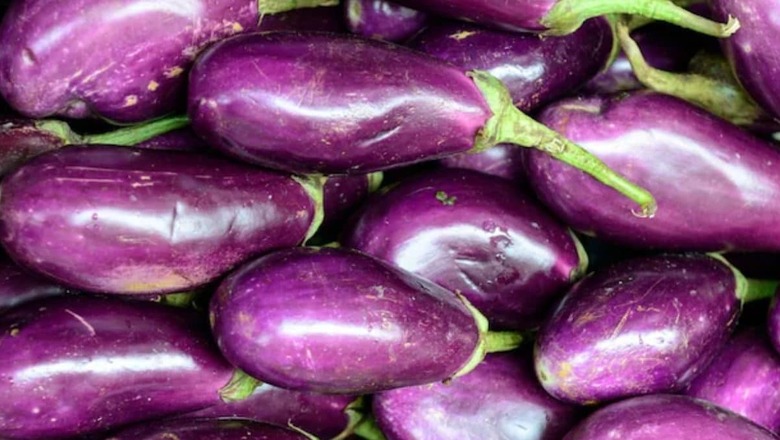
views
Monsoon is approaching, and everyone is eagerly anticipating relief from the intense heat. Just as the risk of various diseases rises in summer, the rainy season brings an increased risk of water-borne diseases and food poisoning. Neglecting food hygiene can lead to illness. Certain vegetables should be avoided during monsoon since the moisture fosters the growth of insects and bacteria, which can harm the digestive system. Let’s find out which vegetables to avoid during monsoon season.
According to a news article published in TOI, it is advisable to avoid consuming green leafy vegetables such as cabbage, spinach, various types of greens, and lettuce. The high humidity during the monsoon season makes these vegetables excessively moist, which promotes the growth of bacteria, fungi, and microbes. Consuming these contaminated vegetables can lead to stomach infections and digestive issues.
It’s advisable to steer clear of cruciferous vegetables like cauliflower, cabbage, broccoli, and Brussels sprouts during the rainy season. Despite their high nutritional value, these vegetables tend to harbour increased bacterial growth due to their high moisture content. They often suffer from inadequate cleanliness, leading to contamination.
Refrain from eating root vegetables such as carrots, turnips, radishes, and beetroots during the monsoon season. If you do consume them, wash them thoroughly with water beforehand. It is best to eat them sparingly in salads or cook them well by adding them to soups, vegetables, or boiling them. During monsoons, the high moisture content in the soil causes these vegetables to absorb more water, increasing the likelihood of them rotting or spoiling quickly. Avoid storing them in the refrigerator for extended periods.
Mushrooms are a popular vegetable enjoyed by both children and adults, but they are often sold canned in the market, which means they may not always be fresh. During the monsoon season, it is advisable to significantly reduce mushroom consumption. The high moisture and humidity can lead to rapid growth of mould and bacteria in mushrooms. This is especially important for individuals with weak immunity or digestive disorders, as mushrooms can be difficult to digest. Brinjals or eggplants are also best avoided during the monsoon due to their high moisture content.




















Comments
0 comment